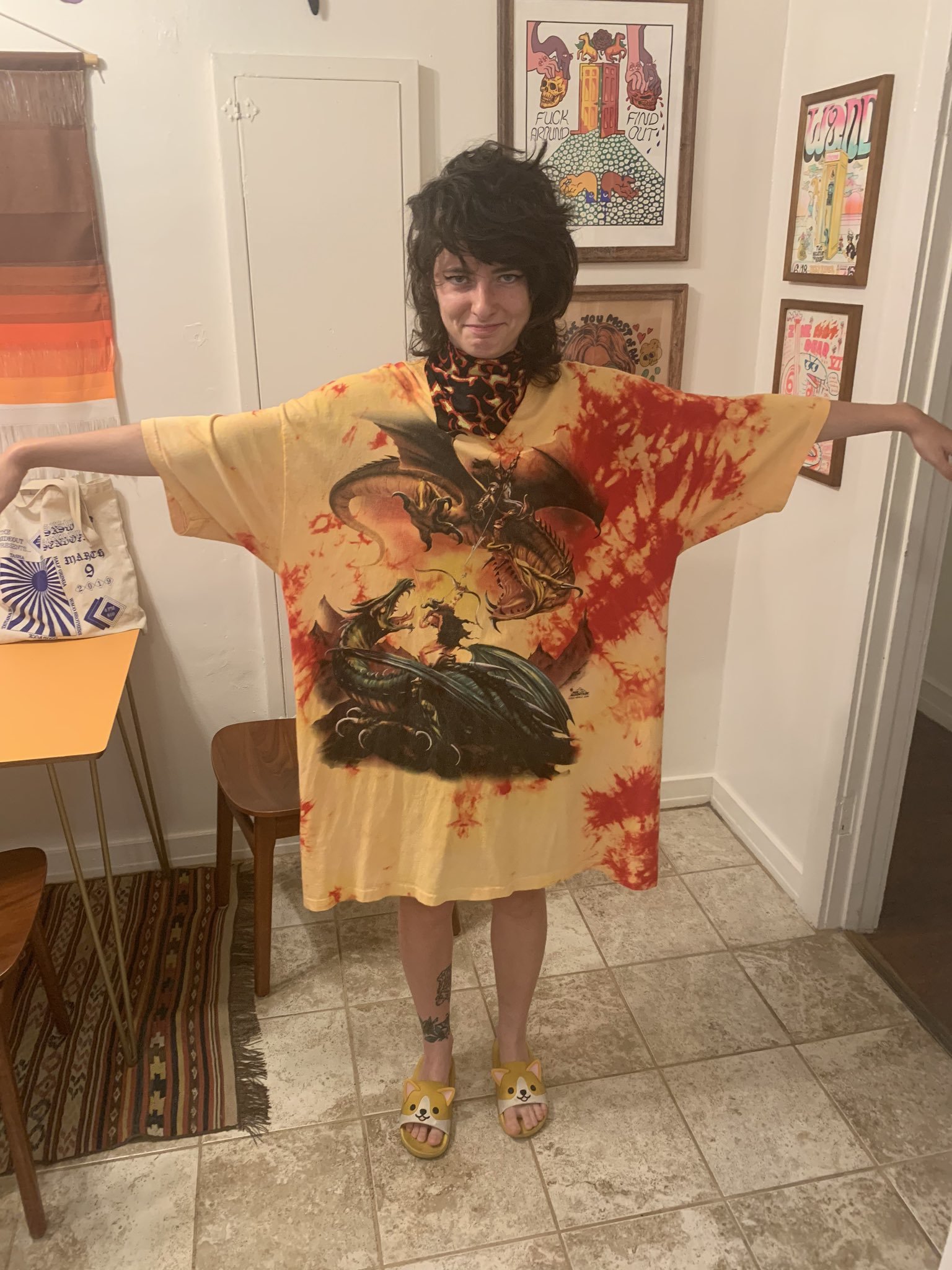Have you ever wondered how misinformation spreads like wildfire in today's digital age? A bold statement must be made: the internet is both a powerful tool and a dangerous weapon when it comes to spreading unverified information. The recent rumors surrounding Michelle Randolph, an actress known for her work in the Taylor Sheridan-verse, highlight the need for critical thinking and media literacy. As society becomes more interconnected, distinguishing fact from fiction has never been more crucial.
Misinformation can take many forms, often originating from unverified sources on social media platforms or anonymous forums. In the case of Michelle Randolph, rumors about so-called nude photos gained momentum through shares, retweets, and sensationalized headlines. These claims, however, lack concrete evidence and serve as a prime example of how fabricated stories can quickly spiral out of control. As we delve deeper into this topic, it becomes evident that celebrities are not the only ones affected by such narratives; anyone can become a target in the age of viral misinformation.
| Bio Data & Personal Information | Career & Professional Information |
|---|---|
| Name: Michelle Randolph | Profession: Actress |
| Date of Birth: [Not Publicly Disclosed] | First Appearance: 1923 (2022) |
| Place of Birth: United States | Known For: Role in Landman |
| Education: Details Not Available | Affiliated Projects: Yellowstone Universe |
| Family: Information Not Disclosed | Reference: The Wrap |
The phenomenon of misinformation is not new, but its reach has expanded exponentially with the advent of digital technology. Consider the phrase Hannah Montoya naked, which emerged due to a mix of fabricated stories and leaked content designed to attract clicks. Such narratives propagate rapidly, leading to widespread confusion and perpetuating falsehoods. Celebrities often bear the brunt of these rumors, but ordinary individuals can also find themselves ensnared in similar situations. The key lies in understanding the mechanisms behind misinformation and equipping oneself with the tools to discern truth from fiction.
Misinformation thrives on emotional triggers, exploiting human curiosity and vulnerability. When headlines scream about shocking revelations or intimate details, they tap into primal instincts, encouraging clicks and shares without prompting critical evaluation. This cycle perpetuates itself, creating an environment where facts are overshadowed by sensationalism. Michelle Randolph's experience serves as a cautionary tale, illustrating the dangers of unchecked information dissemination. While she remains steadfast in defending her work, including controversial scenes such as the strip club sequence in Landman, the broader implications of misinformation extend far beyond individual cases.
In an era dominated by digital connectivity, the responsibility to combat misinformation falls on everyone. Media outlets, social platforms, and individuals all play crucial roles in shaping public discourse. By promoting media literacy and fostering critical thinking skills, society can mitigate the impact of false narratives. For instance, verifying sources before sharing information, cross-referencing multiple reputable outlets, and questioning the intent behind sensational headlines are practical steps toward combating misinformation. Furthermore, educational initiatives aimed at teaching these skills from an early age could significantly reduce the spread of fabricated stories.
Michelle Randolph's career exemplifies resilience and dedication amidst challenging circumstances. Her portrayal of complex characters in projects like 1923 and Landman showcases her versatility and commitment to her craft. Despite facing baseless allegations and scrutiny, she continues to advocate for meaningful storytelling and authentic representation. Her journey underscores the importance of supporting artists who strive to push boundaries while maintaining integrity. As audiences engage with their work, they too have a responsibility to approach narratives critically, separating hype from substance.
While the focus here has been on Michelle Randolph, the lessons learned apply universally. Misinformation affects every aspect of modern life, from politics and health to entertainment and personal relationships. Recognizing its patterns and addressing its root causes require collective effort. By prioritizing truth over sensationalism, fostering open dialogue, and empowering individuals with knowledge, society can navigate the complexities of the digital age more effectively. Ultimately, combating misinformation demands vigilance, empathy, and a shared commitment to upholding factual accuracy.
As we reflect on the impact of misinformation, it becomes clear that the solution lies in education and awareness. Encouraging discussions around media literacy and critical thinking empowers individuals to make informed decisions. Whether navigating celebrity scandals or evaluating global news, adopting a skeptical yet open-minded approach ensures that facts prevail over fiction. In doing so, we honor those who face such challenges head-on, like Michelle Randolph, and contribute to building a more discerning and responsible digital community.



